Silence fell and the tension in the room was almost palpable as US Vice President JD Vance walked to the podium at the Munich Security Conference. Just 48 hours earlier, the world had felt like a different place.
Europeans knew, of course, how difficult things might get with Donald Trump, and that his second US presidency would seriously test the transatlantic relationship. Nonetheless, the phone call between Trump and the Russian leader Vladimir Putin on Wednesday evening sent shockwaves through the EU and NATO.
Suddenly there was a growing fear that they might find themselves completely sidelined in the talks about Ukraine, and perhaps even in the restructuring of the international world order.
In his opening speech, German President Frank-Walter Steinmeier seemed almost to plead with the US vice president, addressing him directly about the reduction of the US troop presence in Europe: “Regardless of what your decision may be, discuss it with us.”
Shortly afterwards Ursula von der Leyen, president of the European Commission, expressed both understanding and self-assurance. Europe must and will spend significantly more on defense, and expand its military capabilities, she said. However, von der Leyen remarked, Europe had already done a great deal, and that a strong Europe was also good for the US.
“A failed Ukraine would weaken Europe, but it would also weaken the United States. It would intensify the challenges in the Indo-Pacific and threaten our shared interests,” she said. “Authoritarians of this world are carefully watching whether there is any impunity if you invade your neighbor and violate international borders, or whether there are real deterrents. They are watching us; what actions we choose to take. This is why it is so important that we get this right.”
‘Free speech, I fear, is in retreat’: Vance
And then: Vance’s speech. The US vice president spoke for 18 minutes but what he said had little to do with Europe’s external security or Ukraine. Instead, he used his appearance to deliver a sort of lecture on what the Trump administration understands democracy to be.
“The threat that I worry the most about vis-a-vis Europe is not Russia, it’s not China, it’s not any other external actor,” said Vance. “What I worry about is the threat from within. The retreat of Europe from some of its most fundamental values — values shared with the United States of America.”
As evidence of this, he criticized the annulment of what he saw as a wholly legitimate presidential election in Romania (it was declared invalid by the Romanian constitutional court in December after it was established that there had been massive Russian interference), denounced the ban in the UK on anti-abortion protesters demonstrating directly outside clinics, and condemned the exclusion of extremist parties from the political process.
“Free speech, I fear, is in retreat,” said Vance. “What has seemed a little bit less clear to me, and certainly I think to many of the citizens of Europe, is what exactly it is that you’re defending yourselves for? What is the positive vision that animates this shared security compact that we all believe is so important?” asked Vance, as the majority of his European allies stared at him in dismay.
Sharp criticism of Vance’s speech
“We are also fighting for your right to be against us,” German defense minister Boris Pistorius said, in response to the US vice president’s speech. That, he said, was one of the mottos of the Bundeswehr, and was also representative of democracy.
“This democracy was called into question by the US vice president earlier, not just in Germany but in Europe as a whole. If I understood him correctly, he compares conditions in parts of Europe to those under authoritarian regimes,” said Pistorius. “That is not acceptable. And this is not the Europe, and not the democracy, in which I live, and where I am currently campaigning.”
Cathryn Clüver Ashbrook, a political scientist at the Bertelsmann Foundation, told DW that Vance’s speech breached established norms, “but not in the way that might have been expected.”
Normally, she said, you would never speak to allies about domestic political matters in such a setting. But Vance’s speech made clear “what strategies we can expect in distorting the factual, fundamental, and norm-based understanding of what we regard as democracy,” said Ashbrook, a former head of the German Council on Foreign Relations.
“The first third of the speech was littered with conspiracy theories, misinformation, and the demand that these misrepresentations be taken seriously,” she commented.
Europe’s influence must now be ‘completely rethought’
The longer the US vice president’s speech went on, the clearer it became that the transatlantic disagreement is no longer “just” about the world’s crisis zones, Ukraine, the Middle East, or the fair sharing of the burden. The rift between the US and its European partners is much more fundamental. For decades, the much-vaunted “community of values” was the ideological glue that held the Western world together.
NATO and EU allies could always confidently rely on the defense of democracy, free speech and the rule of law. Now though, these terms are being hijacked, reinterpreted and redefined by elements of the political elite — and not only in the US. The rift has also opened up within the transatlantic alliance.
How should Europeans deal with the new situation? Their potential for influence now has to be “completely rethought,” according to Ashbrook. As a first step, they must try to see things from the US’s altered perspective and work out what they can offer Washington to re-emphasize their common ground. However, Ashbrook pointed out that this was much easier in Trump’s first term, when there were still points of contact.
“The president is now much more shielded. Vance’s speech could have been written by Elon Musk,” she said, stressing that was why it was even more important that Europe should present a united front and speak with one voice.
Unexpected support from China
Support for Trump’s European allies then came from a rather unexpected quarter. Immediately after Vance’s controversial speech, the Chinese foreign minister Wang Yi took the stage, and the tone of his speech was much more conciliatory toward the European continent.
Wang said he regarded Europe and China as “partners, not rivals.” Beijing, he said, “has always seen in Europe an important pole in the multipolar world.” Wang stressed the need to “preserve the UN-led international system,” and stated that Europe had a “key role” to play in the peace process in Ukraine.
By the close of the first day of the Munich Security Conference, it was clear that the global power structure is facing massive upheavals, and that the outcome is more uncertain than ever.
This article was originally written in German.
#Fundamental #rift #opens #Munich

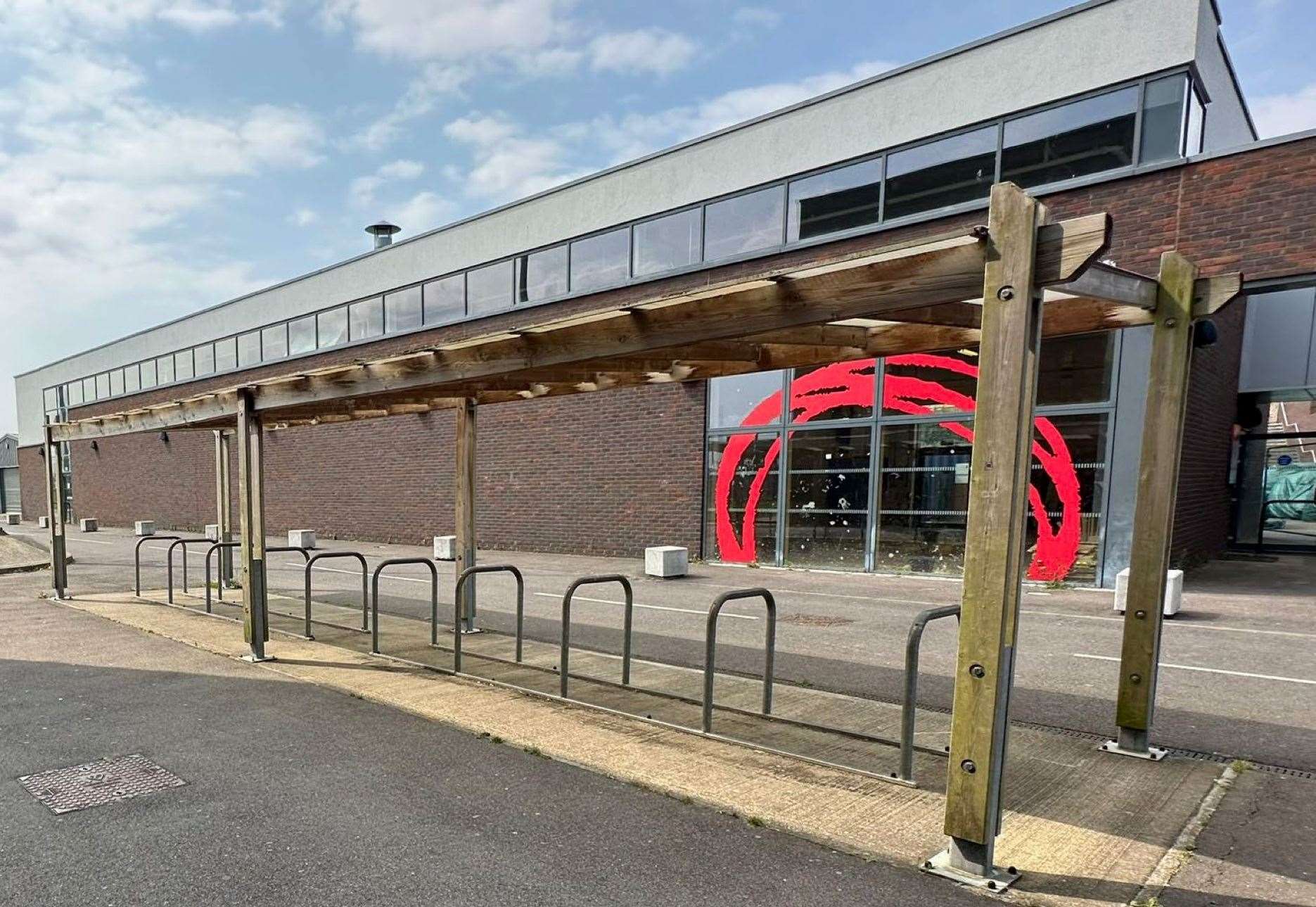
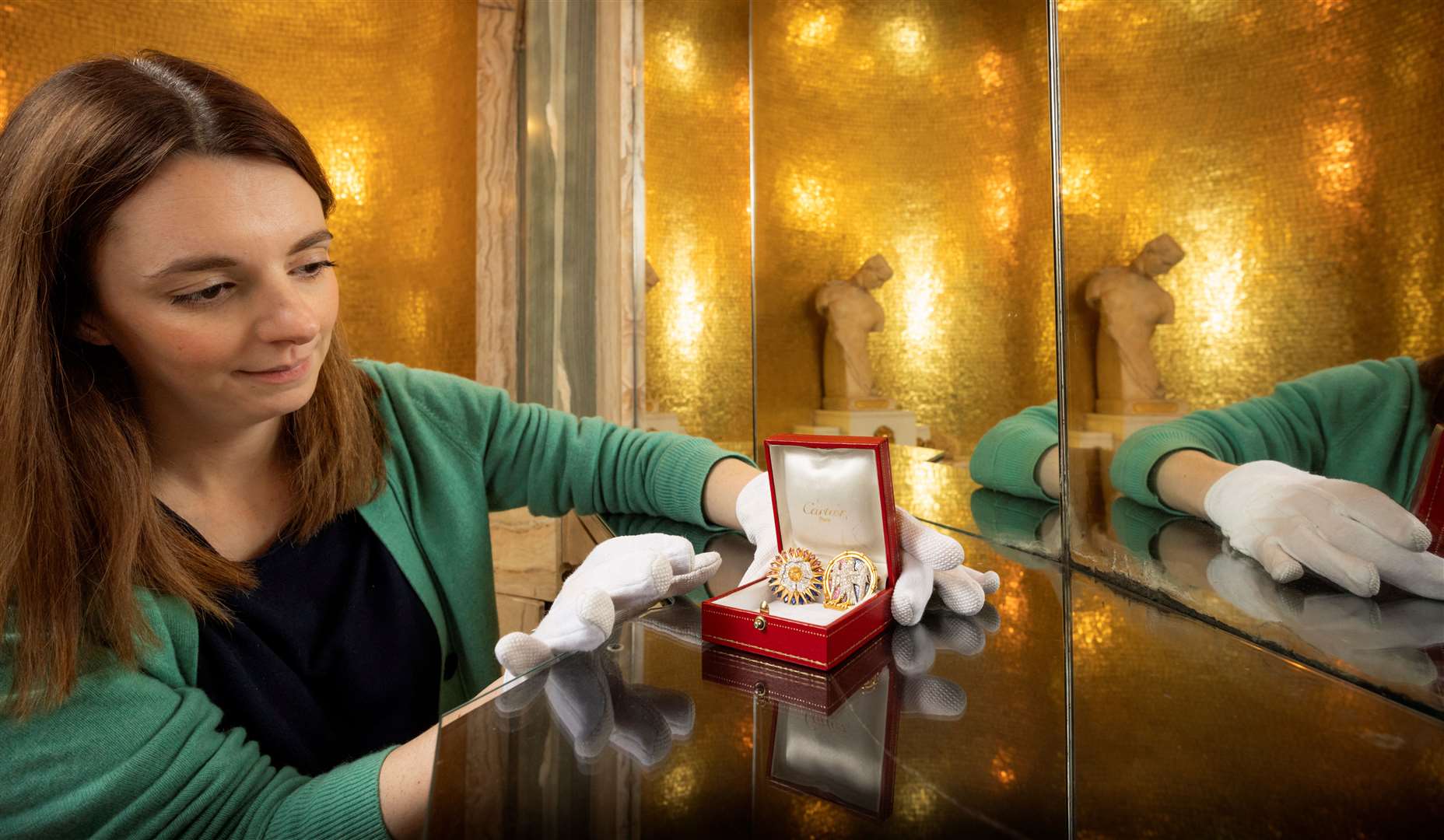


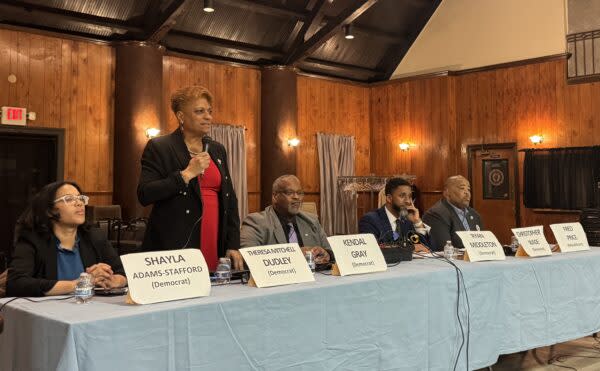

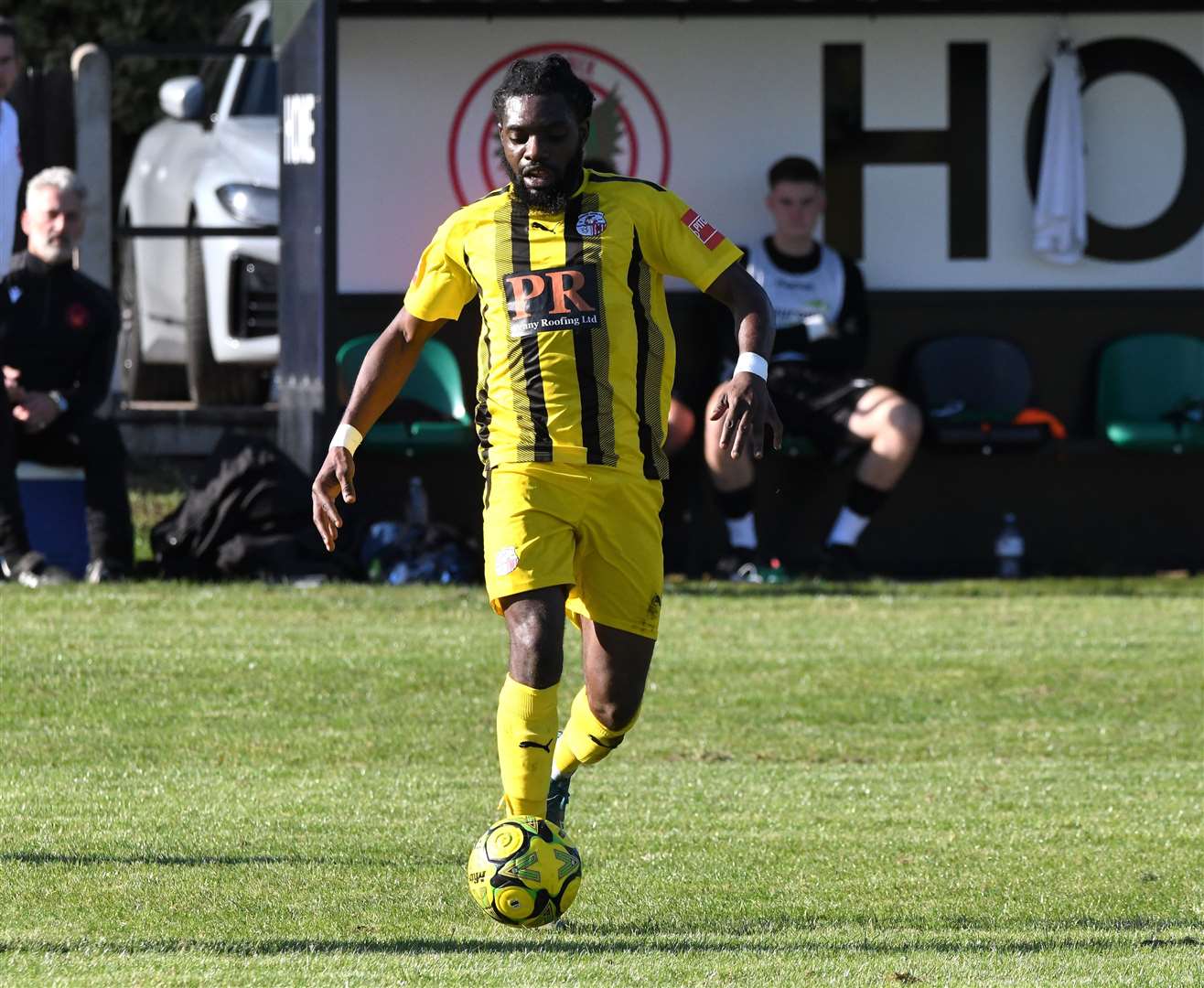
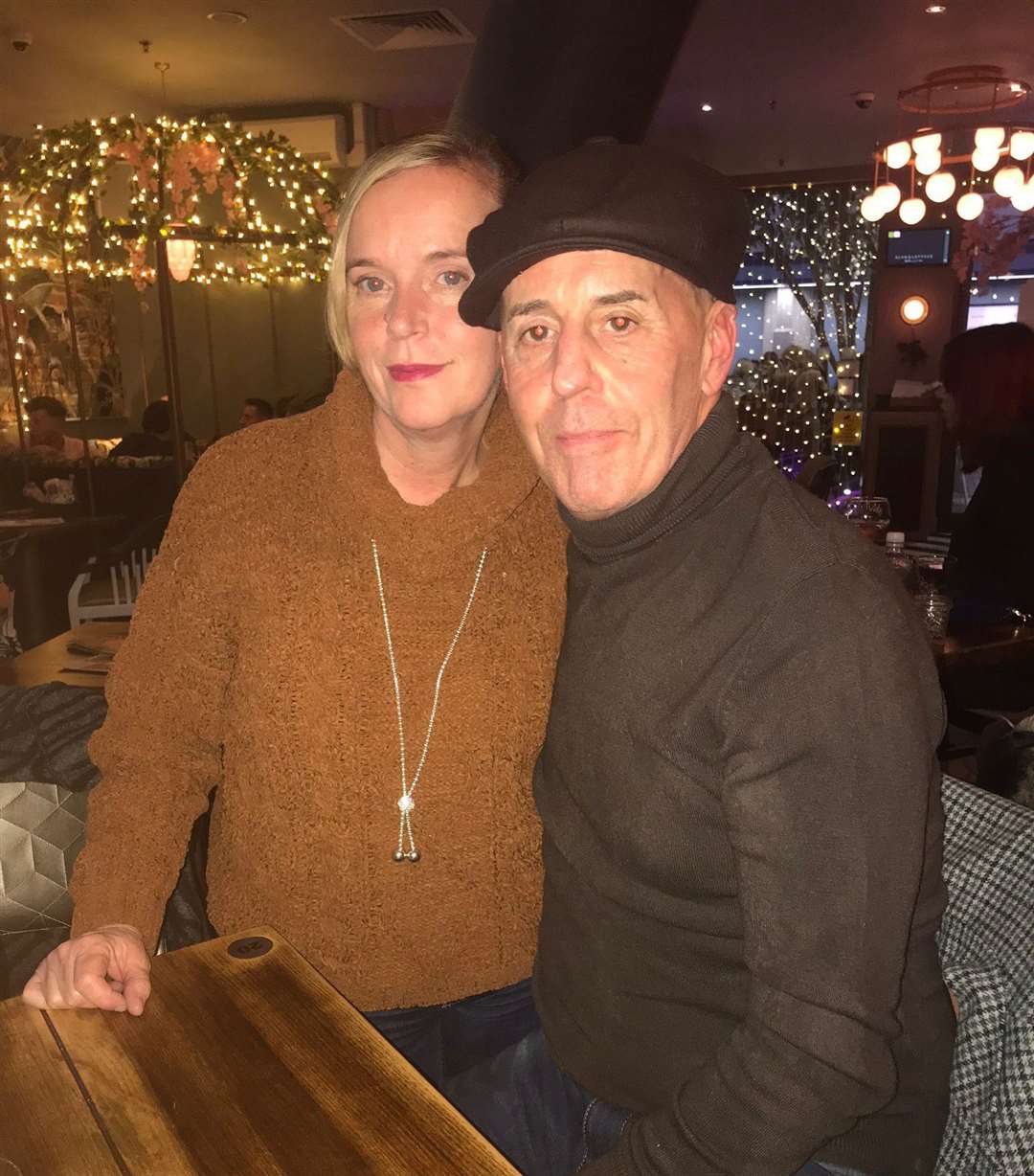

Leave a Reply